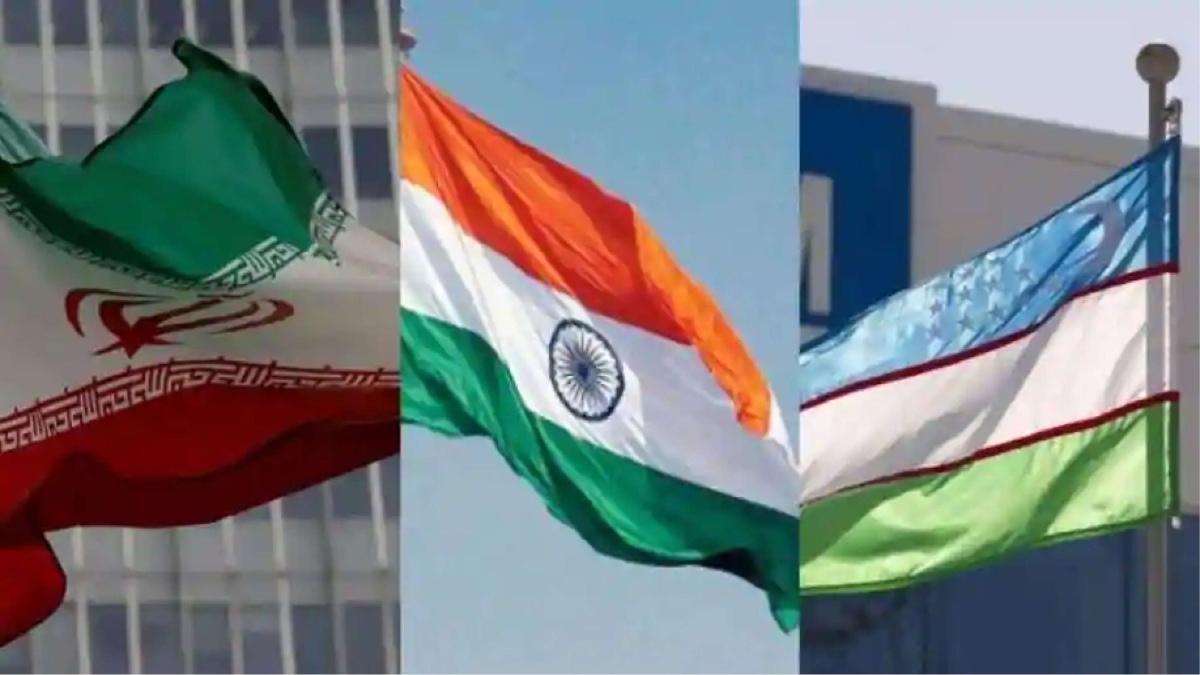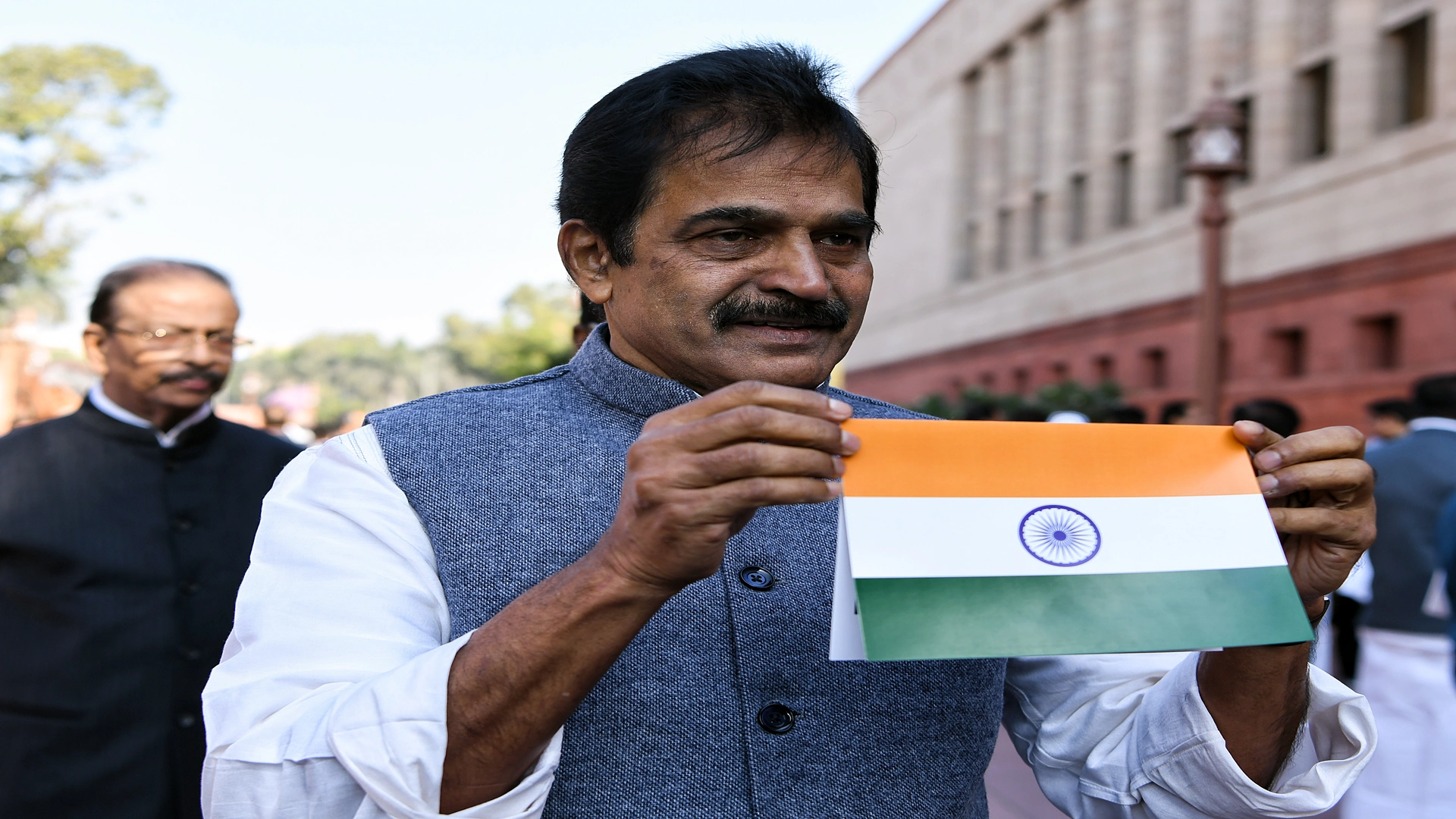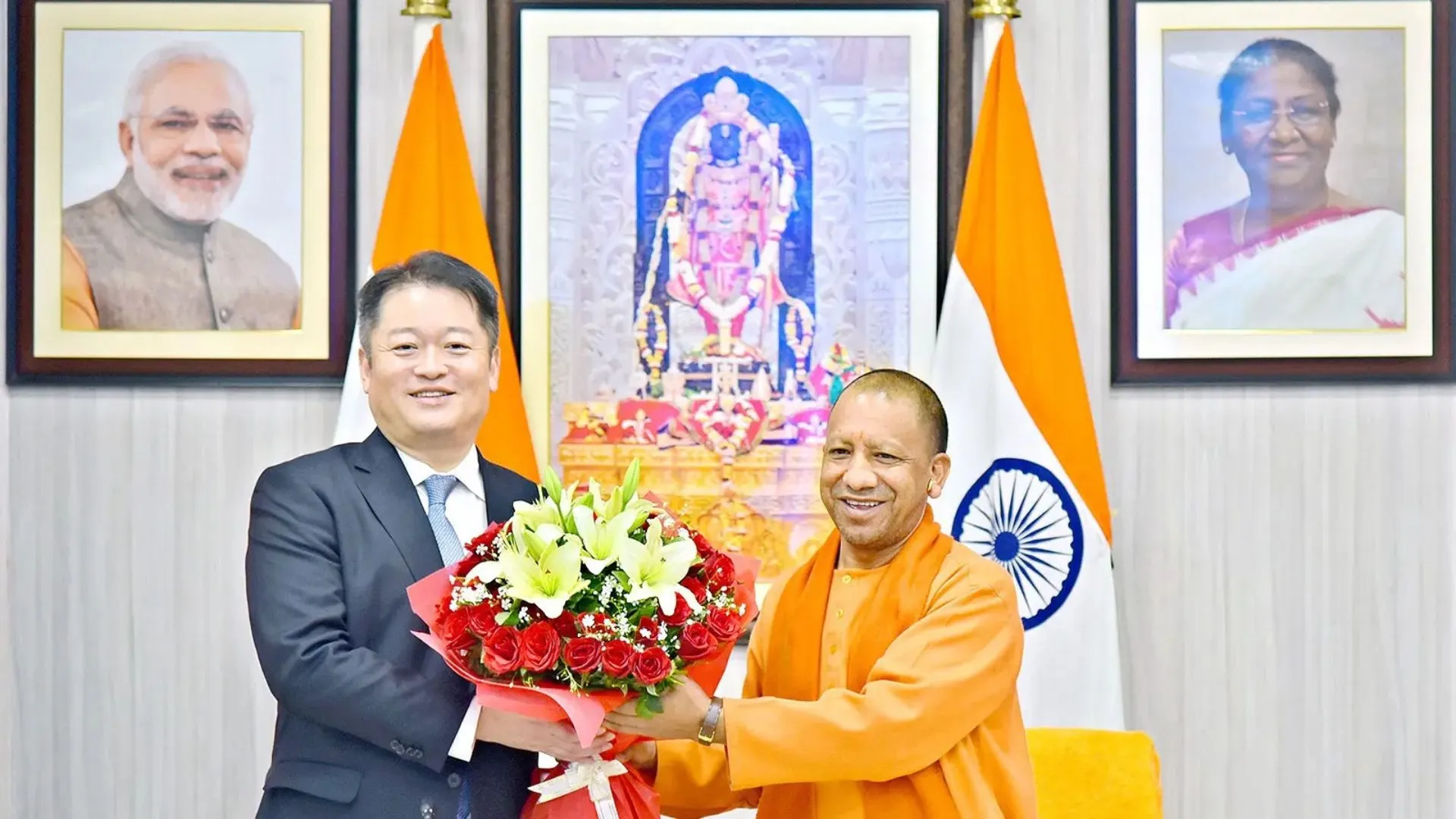We all love our great country India and we believe in our Bhartiyata. We are people with 20,000 years of grand history, culture and civilisational values with us, which we are proud of, cherish and are in love with. We had been contributing almost 25 percent of the global GDP just before the British came. Our clout was known around the world for centuries and has been responsible for shaping our history to a great extent.
But, change is a constant factor as time passes by, and we were no exception to it. We all know about recent occurrences in history and how we have been a part of it. Today, India has emerged as a global powerhouse, with an over 800 million youth population, the fastest growing economy in the world, the third most powerful military force, the fifth biggest economy by GDP and third by PPP, and the contributions of its 1.3 billion people, who make India the largest democracy in the world. Believe it or not, this has all happened in the last 70 years.
India’s influence is increasing by the day and we are seen as a global player and powerhouse. So, it is important for us to increase our sphere of influence within Asia and around the world. Let there be no mistake about this, as this is sacrosanct and not optional. The emergence of India on the world stage has been noted but some people are still reluctant to acknowledge and accept this fact. A wonderful thing is that time is on our side and we are progressing in leaps and bounds this time. Whether one acknowledges it or not, it makes no difference in the scale of our plans and ambitions.
Our imminent focus is Asia. When we talk of Asia, Central Asia takes centre stage as it is the gateway to Europe. Most often, in the noise created by our domestic politics, international issues and achievements get lost unfortunately. Just look at a few weeks back when, in the middle of the Covid crisis, we achieved a few breathtaking milestones and checkmated our arch rivals with our multifaceted, robust and aggressive diplomacy under PM Modi ji and Dr Jaishankar ji.
Chabahar is one of the biggest ports in the region which gives us our desired gateway to Central Asia, the Persian Gulf and its warm waters. Chabahar is no ordinary port – it has a handling capacity of 12 lakh tons of cargo and 82,000 containers. The Chabahar port is operational today and has been run by an Indian company since August last year.
We already have partners like Afghanistan who are going to use this port. It also cements our ties with Iran. At the peak of the Covid crisis, we have shipped more than 75,000 tons of wheat to Afghanistan as humanitarian assistance and sent other help during the pandemic through this port. It might be worth it to mention that China has been trying hard, along with Pakistan, to stop our access to and influence on Central Asia, but has failed at it after we took over the operations of the Chabahar port successfully. We all recall how China tried to woo Iran and ruin our investments there, which we managed to overcome without too much noise and chest thumping.
Chabahar helps us to balance the influence of China on the Gwadar port which is just a few nautical miles away. China has been seen recently fortifying Gwadar, and, if the need arises, Chabahar will be a great balance of power and military paradigms and help to offset the relevance of the CPEC, which is anchored around Gwadar and has already hit serious roadblocks in the GB and Balochistan provinces of Pakistan. However, looking at the current state of things, I doubt if Gwadar will ever be a viable commercial option and how far it will pull down the OBOR.
India is also working on the INSTC, i.e., International North South Transport Corridor, which will be an MMTC, i.e., multimodal transport network or corridor with ship, rail and road links. It will start from Mumbai and pass through India, Iran, Afghanistan, Russia, Oman, Iran, Turkmenistan, Uzbekistan, Kazakhstan and Europe. This route is 7,200 kms in length and will start from Mumbai and end in Baku, Russia and will have the potential to be extended to Europe. It will help reduce both freight time and costs. To give you an idea, it will cost USD 2,500 per 15 tons of cargo, which is quite an amount, looking at the quantity of cargo which can pass through this route in a year.
Recently, India signed a $440 million deal with Uzbekistan which was announced by the MEA on 11 December, immediately after PM Modi’s meeting with Uzbekistan President Shavkat Mirziyoyev. This is a strategic win as this has been done for the first time in the history of India. Uzbekistan has agreed to use the Chabahar port and also be a part of the INSTC which makes it a more potent and viable option. We all know that Uzbekistan is land-locked and needs reliable port access. It is also a land full of petroleum, coal and uranium with some sizable reserves of mica and other minerals. I won’t be reluctant to say that we as a country need these resources. So, this deal gets us trade, minerals, and a partner for Chabahar and INSTC, which is a great achievement and also counter balances a few things.
We have countered the Iran-China petroleum deal worth $480 million with a better deal where we stand to gain as explained above. Moreover, the INSTC will only get stronger with more partners joining, ultimately strengthening the Chabahar port and increasing our influence in the region. Needless to say, we also managed to do it without China and Pakistan being involved.
Thus, PM Modi’s visit to the land of Timur and Babur was a phenomenal geopolitical milestone in terms of long-term strategic gains, and something to be proud of, especially if we consider the fact that it was achieved during the Covid-19 pandemic with the ongoing tensions on the LAC and LoC.
Chabahar helps us to balance the influence of China on the Gwadar port which is just a few nautical miles away. China has been seen recently fortifying Gwadar, and, if the need arises, Chabahar will be a great balance of power and military paradigms and help to offset the relevance of the CPEC, which is anchored around Gwadar and has already hit serious roadblocks in the GB and Balochistan provinces of Pakistan.













